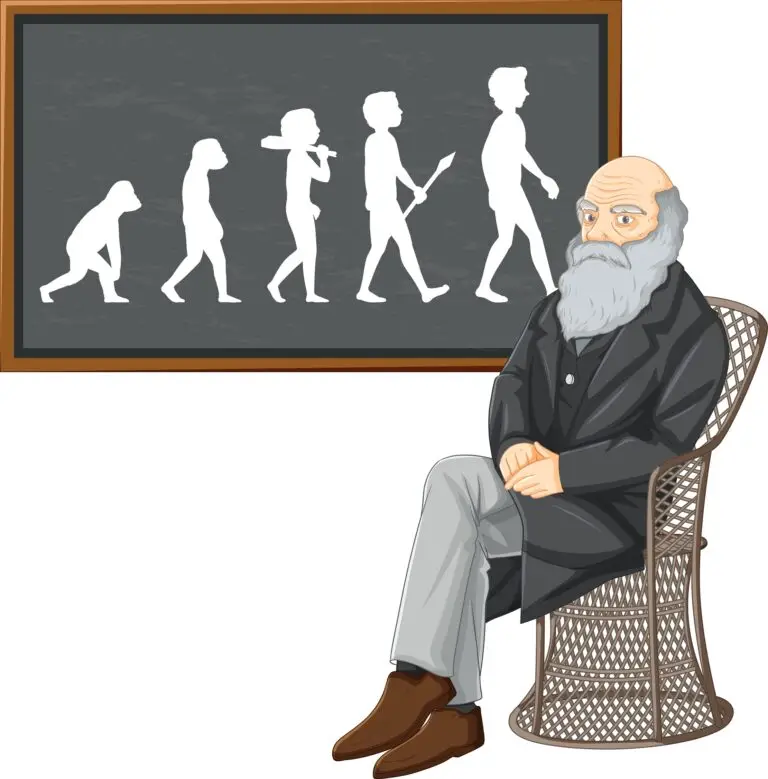Social Darwinism

Table of Contents
What was Social Darwinism?
Social Darwinism is a term that refers to a set of social, economic, and political theories that emerged in the late 19th and early 20th centuries, drawing inspiration from Charles Darwin’s theory of natural selection.
Social Darwinists applied Darwinian principles to human societies, suggesting that certain individuals or groups were more “fit” for success and societal advancement, while others were deemed “unfit” and destined for inferior positions.
Social Darwinism History
Social Darwinism is a social and economic philosophy that emerged in the late 19th century, applying Charles Darwin’s theory of natural selection to human societies.
Herbert Spencer, an English philosopher, is often credited with coining the term “Social Darwinism” and popularizing the idea that societies evolve through a process of “survival of the fittest.”
Social Darwinists believed that the principles of natural selection, competition, and survival of the fittest should be applied to human societies, arguing that this would lead to progress and improvement.
The ideology gained prominence in the United States during the Gilded Age and the late 19th century, aligning with the era’s emphasis on individualism and laissez-faire capitalism.
Social Darwinism was used to justify social inequality, arguing that success and wealth were signs of biological and societal superiority, while poverty and failure indicated inferiority.
The theory influenced various aspects of American society, including economic policies, immigration debates, and attitudes toward social reform.
Social Darwinism was often employed to oppose government intervention in the economy, arguing that allowing businesses to operate without regulation would ensure the survival of the fittest.
Some critics of Social Darwinism, such as Lester Frank Ward, argued that it was a flawed and overly simplistic interpretation of Darwin’s theories, neglecting the importance of cooperation and social responsibility.
The ideology played a role in debates over immigration, with proponents using it to justify restrictive immigration policies based on notions of racial and cultural superiority.
Social Darwinism influenced political thought and policy during the Progressive Era, contributing to calls for social reforms and regulations to address the negative consequences of unbridled capitalism.
Related Links
Natural Selection
Evolution
Adaptation
Genetic Code